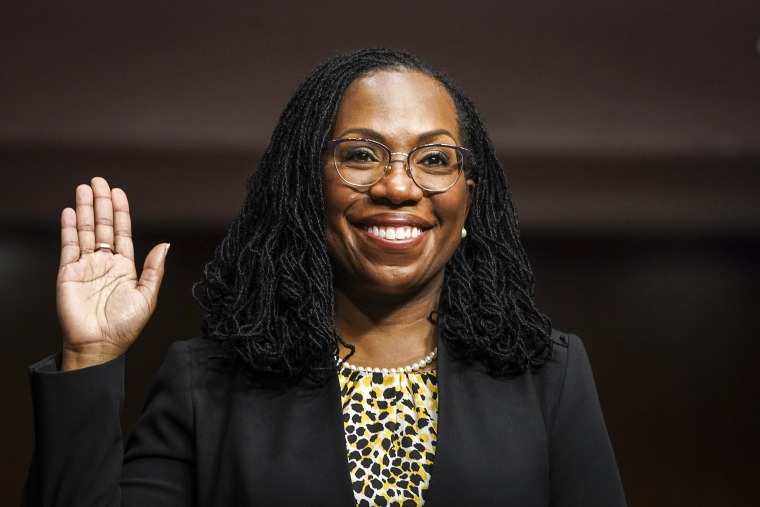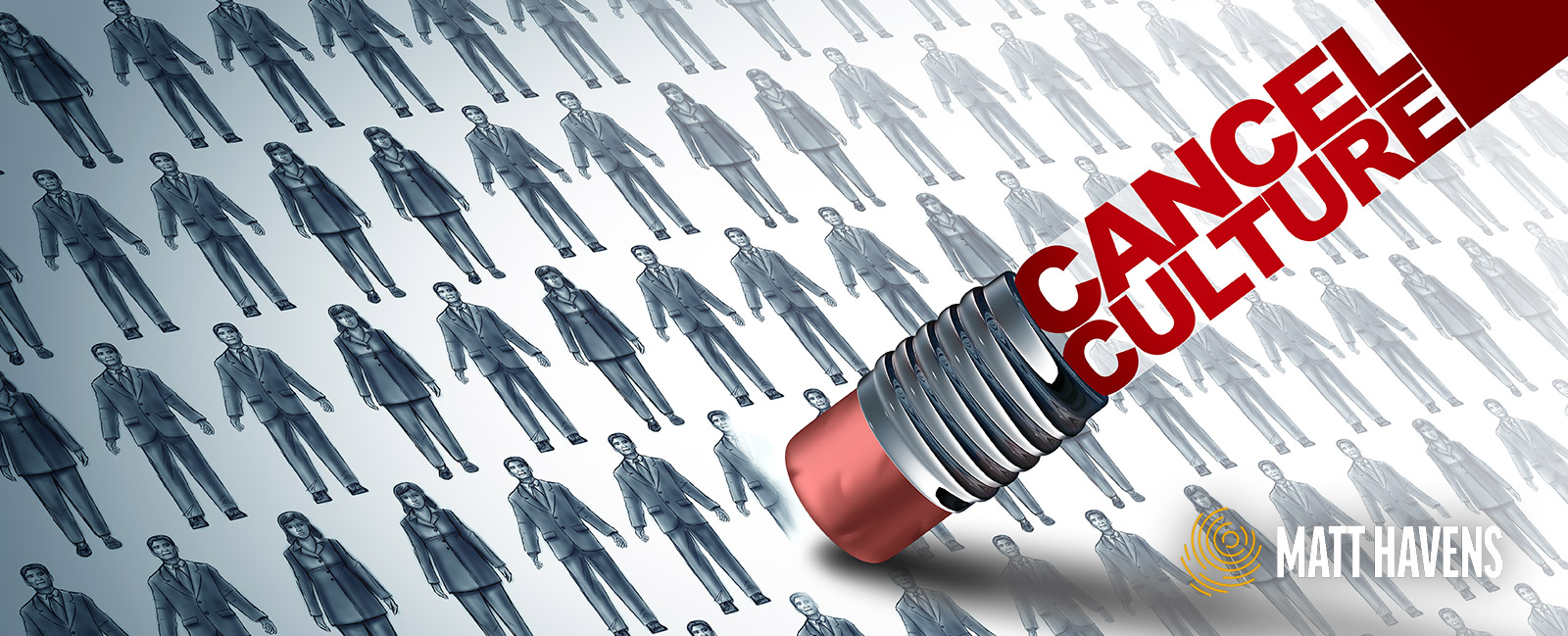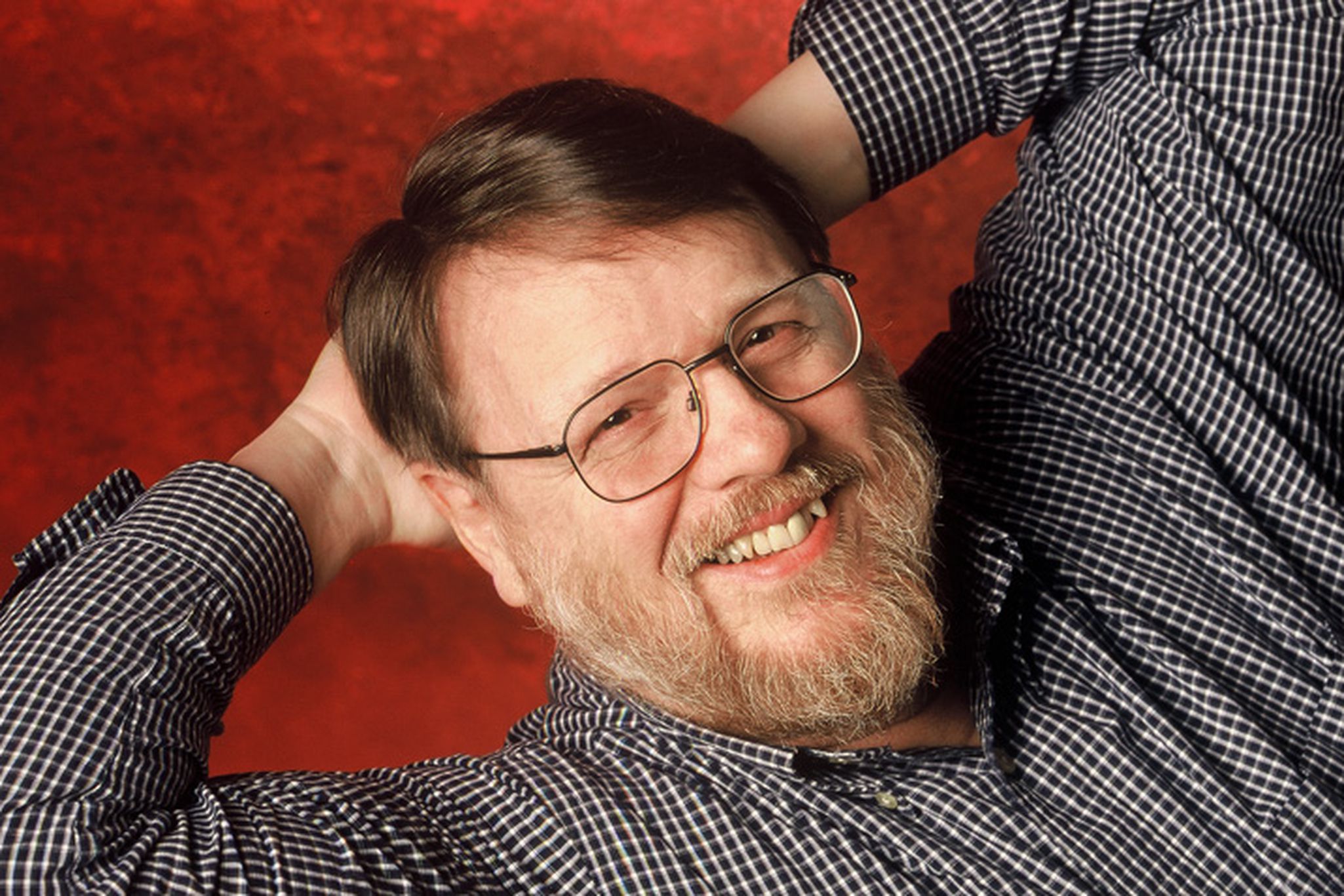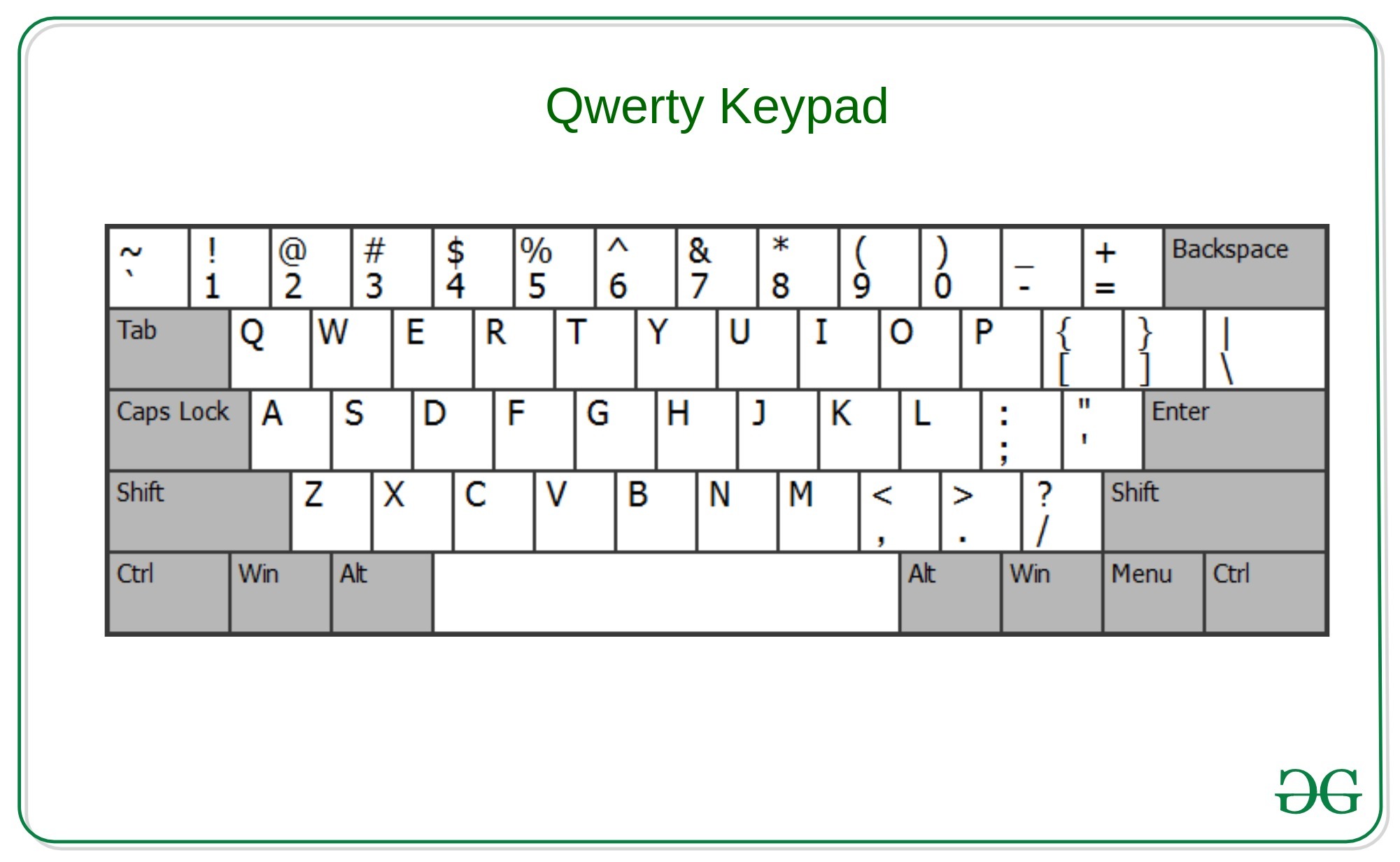Wednesday, September 25, 2024
Privacy.
Wednesday, September 18, 2024
Eight Values of Free Expression
Eight Values of Free Expression
1. Individual Self Fulfillment
The search for one's identity is crucial in the world we live in today. All the time people hear the word "sheep" or "drone", referring to people that hear what other's have to say and don't take the time to form their own opinion. This is how we have become so divided as a nation because the general public flows into "Option A" or "Option B" without truly figuring out their own stance on ALL of the facts. Unfortunately, people seem to be perfectly fine with living that way of life. It is our right as human-beings and Americans to be able to form out own opinions and not just sit back and agree with the first thing that we hear.
2. Participation of Self Government
If I understand this point correctly, I feel as though it is vital that people can understand and easily access candidates policies. People, especially in this upcoming election, are talking about voting for the person over the policies. In a certain regard, that can be a good thing. However, when one of the candidates has not put up any policies and is working off of a "trust me" policy, this is detrimental to the public well-being.
3. Promote Innovation
The ability to create a safe space for speech and creativity is what made America what it is today. We were forged as a nation to respect and understand every individual's creative endeavors to ensure that everyone can be who they are freely. America is a country full of every walk of life and we will never be able to fully appreciate that unless we give people the safety to speak their mind.
Blog #7 - EOTO Technology
The First Ever Email
A lot of people gave presentations, but the one that stuck out to me the most was the first-ever email was
sent by Ray Tomlinson in 1971. Tomlinson, an engineer and computer scientist, worked at Bolt, Beranek, and Newman (BBN), a company contracted by the U.S. Department of Defense to develop ARPANET, a precursor to the modern internet. Tomlinson’s breakthrough came as part of his involvement in this early networking project, which was designed to allow multiple computers to share information over long distances. He would be and continues to be recognized as the father of the email.In a world where communication had been done over giant computers with heavy limitations on what you could actually do, until Tomlinson's discoveries. Before Tomlinson's innovation, users could only send messages on the same computer, so the challenge was connecting users from different computers with ARPANET. At that time, Tomlinson was working on two separate programs, called CYPNET, which enabled file transfers between computers, and SNDMSG. He thought to combine the two after realizing this could make the messages transferable just as files. He modified the SNDMSG program to send messages from one computer to another using ARPANET. This is where the well-known @ symbol which separated the user from the device and came about since his system required a way to identify a specific user and/or computer combination. This simple but effective solution allowed messages to be routed to the correct recipient on a different machine.
According to Tomlinson, it was a string of random characters, such as “QWERTY” or something similar, sent between two machines sitting next to each other. This would be the first ever email and although a bit dull it would mark the birth of a new form of communication that would revolutionize how people interact globally.
Although people weren't too keen on his innovation at the time, it would be a game changer for all of history. The newfound ability to be able to communicate with people live, all while from the comfort of your own computers. He may not have realized what the long-term impact of his invention would be at the time, but his contribution would become one of the most important milestones in the development of the internet.
Tuesday, September 17, 2024
Supreme Court
The Supreme Court
 Supreme Court Individuality
Supreme Court Individuality
 |
| Newest Supreme Court Justice Ketanji Brown Jackson |
Surprising Perspective Change
Blog #6 - The Story & Impact of Facebook
 |
| Mark Zuckerburg |
 |
| Eduardo Saverin |
Problems Facebook Saw and Solved
- Connection and Networking: Facebook solved the issue of physical distance by allowing people to maintain connections with friends, family, and colleagues no matter where they were in the world.
- Social Sharing: It made it easier for people to share personal updates, photos, videos, and interests, facilitating more meaningful virtual relationships.
- Business Promotion: For companies around the world, Facebook became a powerful marketing tool, allowing businesses to reach their target audiences with ads, build brand communities, and interact with customers directly.
- Real-Time Communication: Facebook changed communication by introducing instant messaging features, such as Facebook Chat (later evolved into Messenger), which made it easy for people to communicate in real time.
- Public and Private Spaces: It blended public broadcasting (posts, status updates) with private communication (messages, groups) in a single platform.
- Social Media Culture: Facebook introduced the concept of the "News Feed," which fostered a constant stream of updates from friends and pages, significantly changing how people consume and react to information.
- Privacy Concerns: Facebook has faced criticism for mishandling user data and privacy. Issues like the Cambridge Analytica scandal exposed how data could be exploited for political or commercial gain.
- Mental Health Impact: Studies have linked extensive use of Facebook to negative impacts on mental health, including feelings of inadequacy, jealousy, and depression due to social comparison.
- Misinformation and Polarization: The platform has been accused of enabling the spread of misinformation and conspiracy theories, contributing to political polarization and social unrest.
- Addiction and Time Drain: The addictive nature of Facebook has also been criticized, with users often spending excessive amounts of time on the platform, sometimes to the detriment of face-to-face relationships and productivity.
Monday, September 16, 2024
My Five Sources of News and Information
TikTok
X
ChatGPT
Word of Mouth
YouTube
Blog #12 - Final Post
Our Relationship With Technology Technology is an ever-present force in our lives, shaping how we connect, learn, and grow. It’s impos...

-
Our Relationship With Technology Technology is an ever-present force in our lives, shaping how we connect, learn, and grow. It’s impos...
-
Privac y. Online privacy is a pressing matter in today's world, and a matter that is more important than a lot of people will give it ...




.jpeg)


